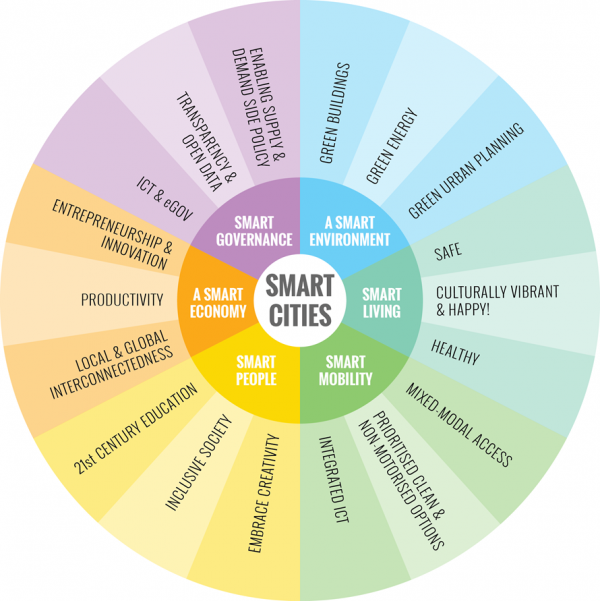- The city should attract young wealth creators along with others. It should setup incubators and certain new-investment areas to lure the next generation.
- It is essential to make a city attractive to the young generation and tourists. Taking this into account, the core areas of the city should be redeveloped and made vibrant with public spaces that attract people throughout the day.
- Each city must have its own identity that reflects the values, interests, skills of its residents such that they resonate with those they aim to attract.
- At the same time, cities should have good regional connectivity; this not only saves time but also helps businesses grow. Moreover, it encourages export and import of both goods and labor.
- City culture should be such that it encourages and supports out of the box thinking and formation and fermentation of new ideas. This can be done by building institutions which supports world class infrastructure to help in promoting research in a certain field.
- Finance being the backbone of every smart city, the city must be able to attract investments and funds from private players. Municipal or urban local bodies should be able to generate funds for various infrastructure projects.
- And last but not at all the least- city must have strong political and administrative leaders. Eminent professional personalities could be roped in as advisors and mentors to guide the leadership in developing the cities.
Smart City Reference Framework
On the basis of suggestions from KPMG, the Urban Development ministry has made a small reference framework for Smart Cities.
















